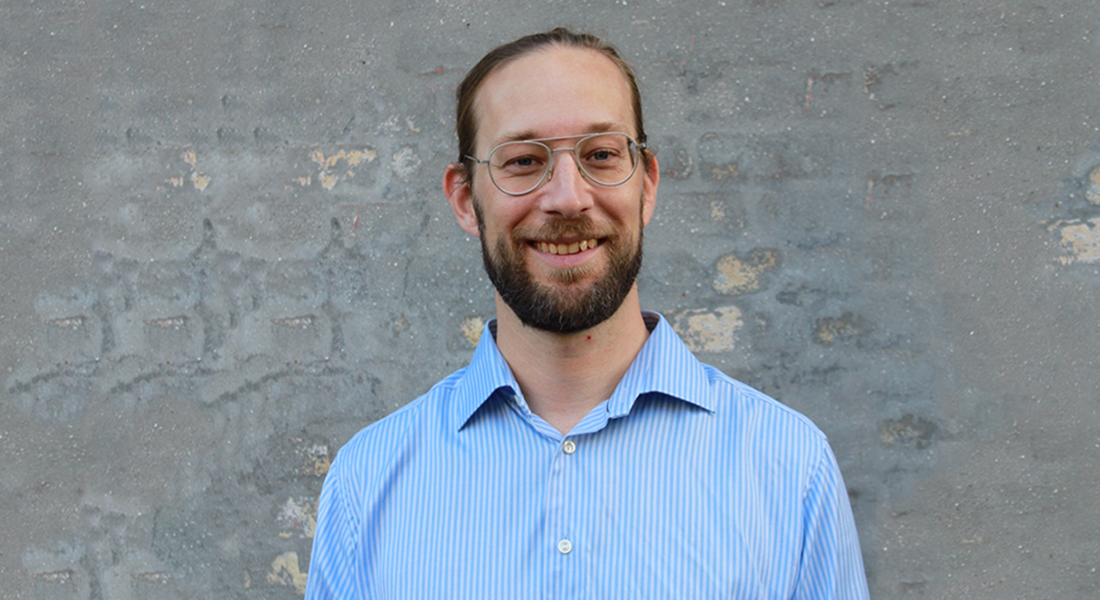Quantum for Life – a new research centre
The Novo Nordisk Foundation has granted Professor Matthias Christandl from the Department of Mathematical Sciences a 6-year grant of DKK 48.6 million to build a cross-disciplinary research centre exploring the use of quantum computation to address hard computational challenges in the life sciences.

Starting in 2021, the Quantum for Life Centre will begin exploring the use of quantum algorithms for the simulation of biomolecules, which will, in turn, make it possible to study complex biochemical processes.
- The centre will develop and use customized quantum algorithms, and in doing so, allow us to open up a new chapter in ‘computational life-sciences’ here in Denmark. With the new centre, I am pleased that the quantum mathematics we work on will be able to be used to solve important issues surrounding fundamental biological processes, says Professor Matthias Christandl, who is also one the leading scientists behind the department’s Centre for the Mathematics of Quantum Theory (QMATH).
Quantum simulation
- Quantum computing is a new paradigm that is expected to affect all corners of our information-based society. Quantum computers can perform certain tasks much faster than classical computers. But to do so they require dedicated quantum software that works in conjunction with specialized quantum hardware.
In the life sciences, it is an important problem to compute the properties of biomolecules and their interactions, e.g. in drug design. Molecular structures and interactions are ruled by the electrons involved, which are accurately described only by quantum mechanics. Traditional simulations involve approximations and therefore have severe drawbacks for reliability and computing time.
- Quantum simulation can overcome these drawbacks, says Christandl, and it is a major goal of this project to make proof-of-principle demonstrations of this. In order to do so, we have assembled a team of experts in quantum information, theoretical and experimental quantum physics, quantum chemistry and bioinformatics from Copenhagen and Zurich who will develop the necessary quantum software and quantum hardware.
The co-applicants behind Quantum for Life are
- Professor of Physics Eugene Polzik from the Quantum Optics and Atomic Physics section at the Niels Bohr Institute, UCPH.
- Professor of Bioinformatics Anders Krogh from the departments of Computer Science and Biology, UCPH.
- Professor Markus Reiher from the Swiss Federal Institute of Technology in Zurich, Laboratorium für Physikalische Chemie.
Christandl believes that the cross-disciplinary expertise built during the project may provide the nucleus for a future arena in Denmark for quantum life science research and development.
Novo Nordisk Foundation's Challenge Programme wants to support and promote world-class research that focuses on contributing to finding answers to today’s challenges in global technology or health.
Topics
Related News
Project details

Project:
Quantum for Life
Project period:
01-10-2021 – 31-09-2027
Funding:
DKK 48,6 million from the Novo Nordisk Foundation's Challenge Programme
Contact:
Matthias Christandl
Professor
